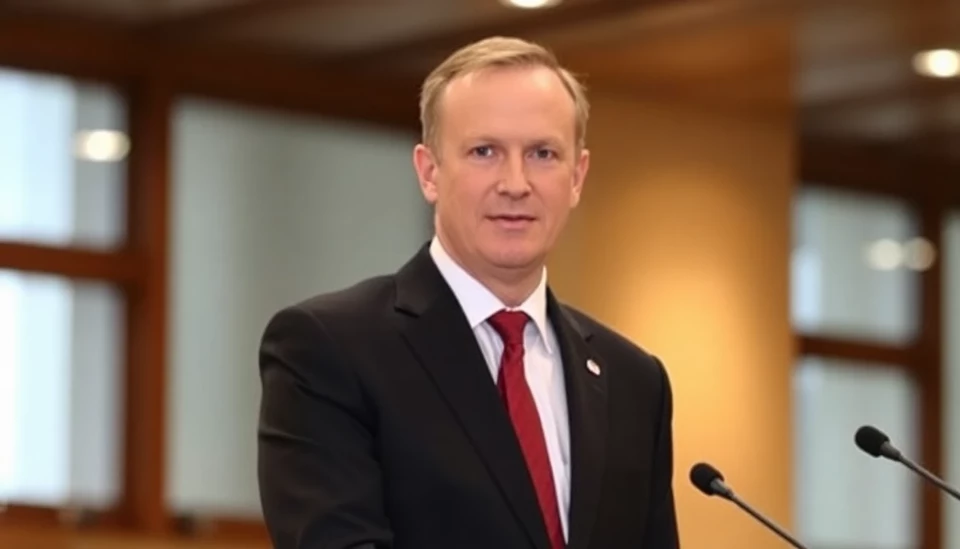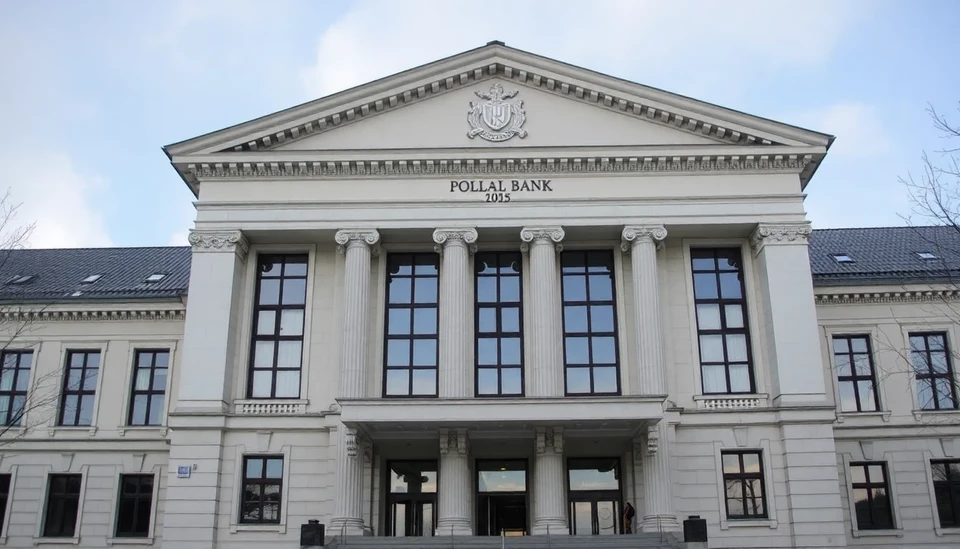
In a recent development that could have significant implications for Poland's economy, Donald Tusk, the leading candidate in the upcoming presidential elections, has publicly called on Adam Glapiński, the Governor of the National Bank of Poland, to lower interest rates. This request reflects Tusk's strategy to combat the rising cost of living faced by Polish citizens amid ongoing economic uncertainties.
Tusk’s appeal comes as inflationary pressures persist, gripping consumers and impacting their purchasing power. With the elections approaching, Tusk is asserting that a reduction in interest rates would alleviate financial burdens on households and businesses, fostering economic growth. He emphasized that the current rates, which are among the highest in Europe, are stifling investment and putting an undue strain on everyday people.
Utilizing a more vocal platform through his presidential campaign, Tusk reinforced his stance during a recent public gathering, stating that economic relief was indispensable for the country’s future. His proposition aligns with concerns from various economic analysts who have suggested that a reevaluation of the monetary policy could potentially stimulate the economy and stabilize the market.
The response from Glapiński and the bank has yet to materialize following Tusk's remarks. However, the central bank's record of maintaining high rates has sparked debates about the balance between controlling inflation and promoting economic growth. Critics argue that the former government, led by Tusk’s political rivals, maintained insufficient strategies for economic recovery, which may have prompted voters to reconsider their allegiance in the forthcoming elections.
This latest development not only highlights the race for the Polish presidency but also underscores the broader economic challenges facing the nation. Tusk's call for action from the central bank could resonate with voters who are feeling the pinch of high inflation, setting the stage for a contentious campaign period as the election date approaches.
The intersection of monetary policy and electoral politics makes this an intriguing narrative, as Tusk aims to position himself as a champion for the people. His bold demand for rate cuts is a strategic move that may distinguish his campaign in a crowded field, indicating a commitment to addressing immediate financial concerns while aiming for a long-term vision of economic stability and growth.
As Poland navigates through these turbulent times, the dialogue surrounding interest rates will likely continue to play a significant role in shaping both public policy and voter sentiment leading up to the elections.
#Poland #DonaldTusk #InterestRates #Economy #Inflation #CentralBank #Elections2024 #PoliticalStrategy
Author: Daniel Foster




